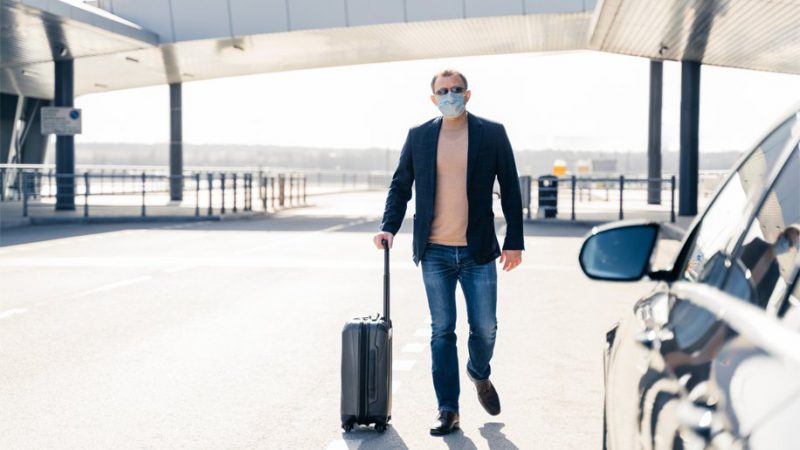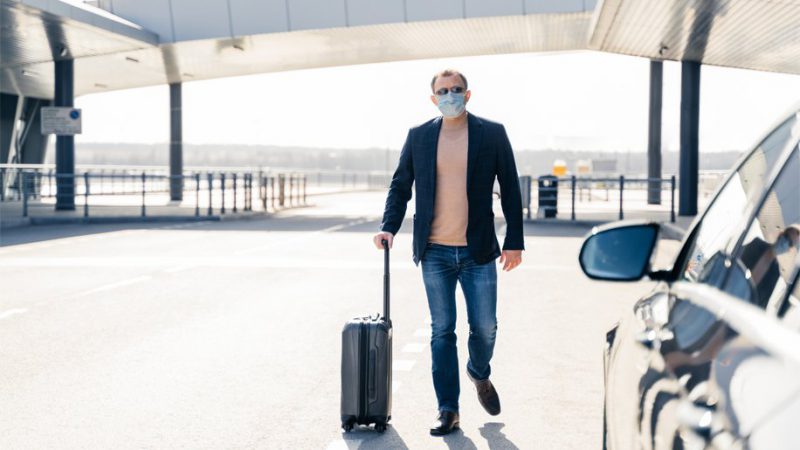If Travel Recovers Faster, Are Deep Job Cuts Wise?
As travel workforce losses mount, at least one industry analyst is cautioning layoffs may be too much, too soon


As travel workforce losses mount, at least one industry analyst is cautioning layoffs may be too much, too soon
May 31, 2020


The travel industry continues to shed jobs in the wake of collapsing travel demand driven by the coronavirus pandemic. However at least one industry analyst is advising travel companies to look for a faster recovery and plan staffing needs accordingly.
“According to GlobalData’s forecasts, the number of international arrivals should reach 2019 levels as early as 2021,” noted John Vandesquille, travel and tourism analyst at GlobalData, a data and analytics company.
Last week, both Marriott and Boeing announced involuntary layoffs as COVID-19 produced sharp declines in demand. Earlier in the crisis, several major carriers, including United Airlines and British Airways, had already trimmed thousands of jobs.
British low-cost carrier EasyJet followed suit at the end of May, laying out plans to cut as much as a third of its workforce. The carrier, which is set to resume flying June 15, says the move was based on the expectation that travel would not to return to 2019 levels before 2023
The EasyJet announcement prompted Vandesquille to comment, “EasyJet’s latest announcement stems from management’s belief that travel demand will not return to pre-COVID levels until 2023. There is an element of risk here because demand could return sooner than that.”
While acknowledging that in the current environment “trimming costs is a necessity in the short term,” Vandesquille cited GlobalData’s more optimistic projections, and cautioned that cutting workforce too deeply could be a “slightly risky bet for the airline considering that consumer confidence is returning as the crisis is slowly coming to an end.”
The road to recovery is bound to be a bumpy one, and the return of travel will hardly be uniform across the globe, as many industry leaders are quick to point out.
Although Vandesquille sees a post-COVID-19 economic recession looming, the potential ‘travel itch’ following months of lockdown is likely to outweigh the negatives.
“All this is unlikely to fully deter travelers,” he concluded.
| Cookie | Duration | Description |
|---|---|---|
| cookielawinfo-checkbox-analytics | 11 months | This cookie is set by GDPR Cookie Consent plugin. The cookie is used to store the user consent for the cookies in the category "Analytics". |
| cookielawinfo-checkbox-functional | 11 months | The cookie is set by GDPR cookie consent to record the user consent for the cookies in the category "Functional". |
| cookielawinfo-checkbox-necessary | 11 months | This cookie is set by GDPR Cookie Consent plugin. The cookies is used to store the user consent for the cookies in the category "Necessary". |
| cookielawinfo-checkbox-others | 11 months | This cookie is set by GDPR Cookie Consent plugin. The cookie is used to store the user consent for the cookies in the category "Other. |
| cookielawinfo-checkbox-performance | 11 months | This cookie is set by GDPR Cookie Consent plugin. The cookie is used to store the user consent for the cookies in the category "Performance". |
| viewed_cookie_policy | 11 months | The cookie is set by the GDPR Cookie Consent plugin and is used to store whether or not user has consented to the use of cookies. It does not store any personal data. |